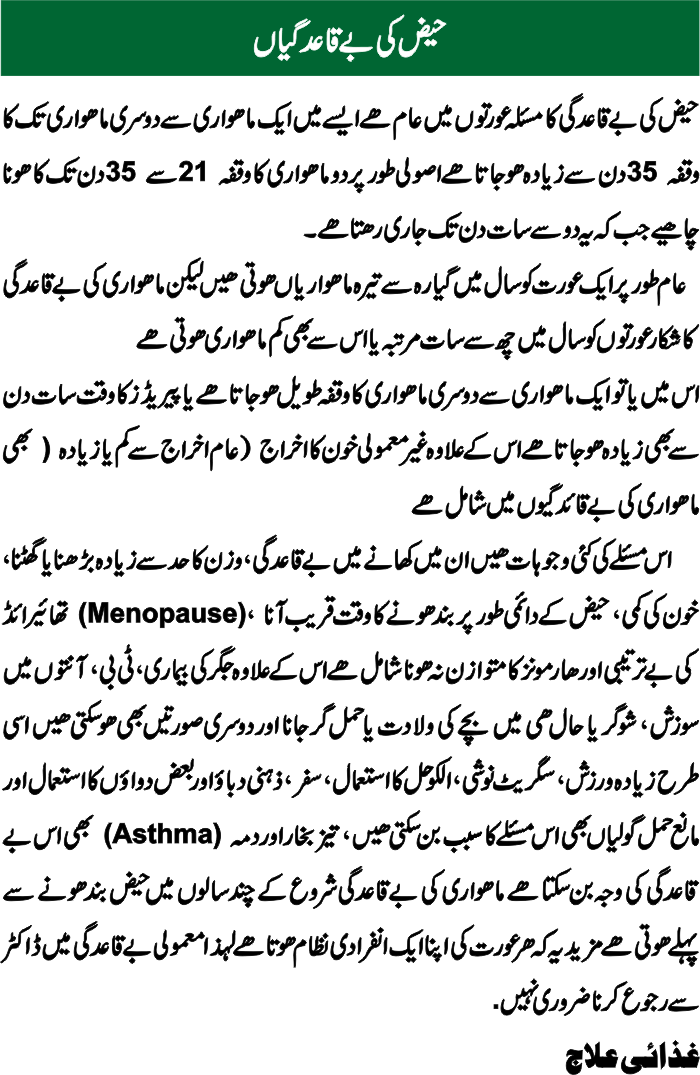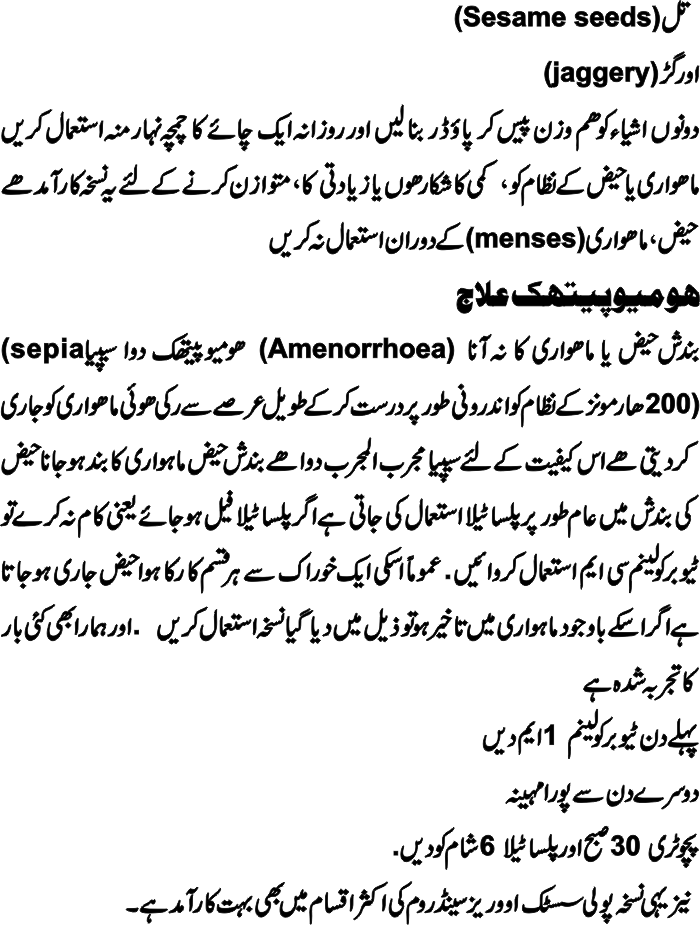An irregular cycle could be the first sign you have an ovulation problem, and this can impact your health in several ways. If you have consistently missed periods, it may be worth seeing your doctor for a medical evaluation to determine if you have polycystic ovarian syndrome (PCOS).
In Australia, the condition affects between 12 – 18 percent of women of reproductive age, and apart from irregular periods, it can lead to a range of other health problems.
These can include acne, excess hair, hair loss, depression, anxiety, and difficulties with fertility. Women who have have been diagnosed with PCOS are encouraged to manage the condition by embracing a healthy lifestyle, including a nutrient-rich diet.
The key to a regular cycle is regular ovulation. When you ovulate, the hormones that accompany egg development and ovulation make sure that the lining of the uterus builds up as it should do and then sheds if no pregnancy takes place.
There are many causes of infrequent periods, but it is noteworthy that they are very regular when you use the pill. It suggests that it isn’t a problem with the body’s response to hormones, as the pill mimics a normal cycle in many ways — you likely aren’t ovulating regularly.

